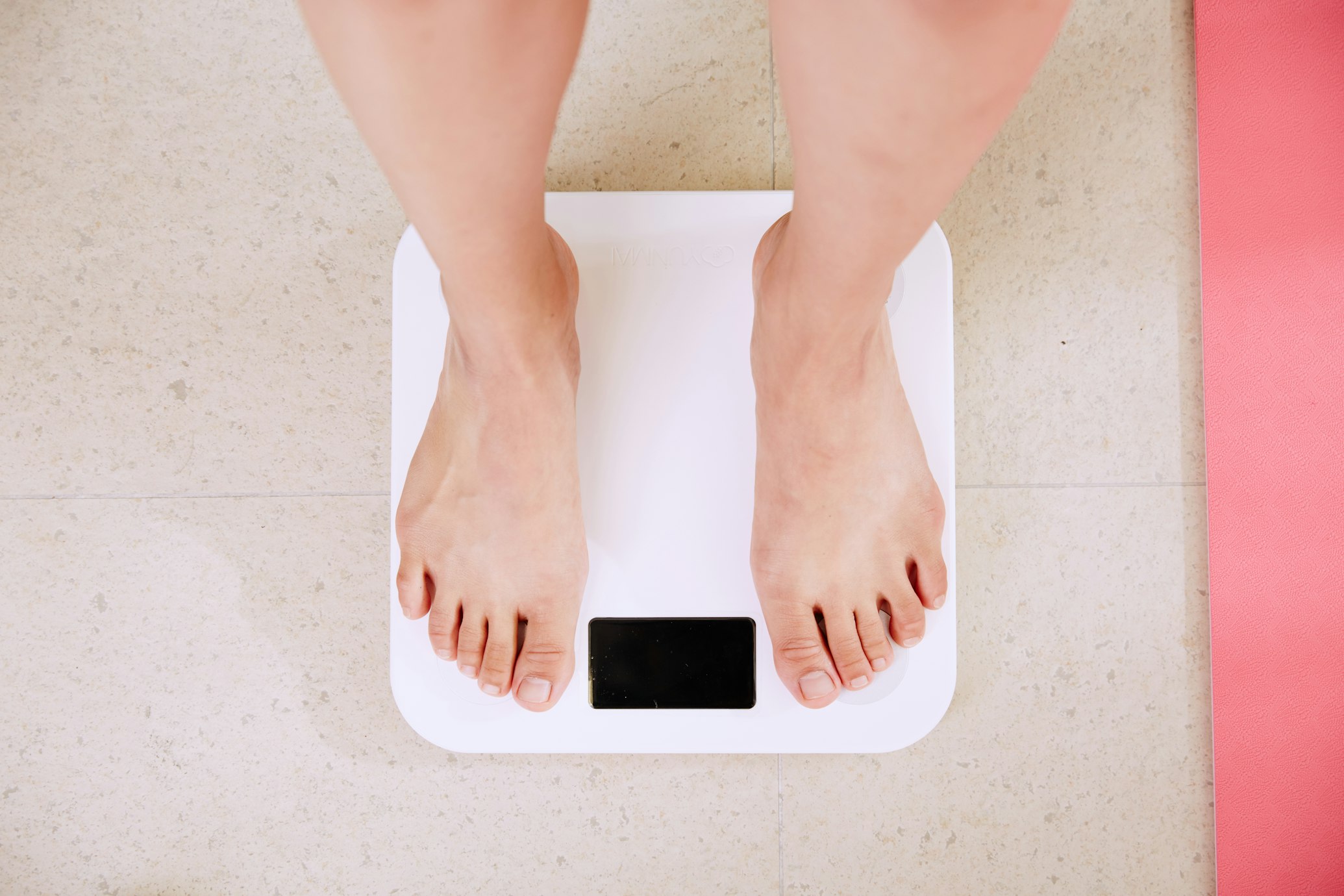How Many Calories Should You Eat to Lose Weight?
Discover the science behind calorie deficit and how to calculate the right amount for your body.
It’s one of the most common questions in nutrition—but the answer depends on your goals, lifestyle, and body.

Protein is more than a buzzword. It’s essential for building and repairing tissues, producing hormones and enzymes, and supporting your immune system. Unlike carbs and fats, your body doesn’t store protein—so you need to consume it regularly.
For the average sedentary adult, the Recommended Dietary Allowance (RDA) is 0.8 grams per kilogram of body weight. But if you're active, trying to lose fat, or build muscle, you’ll likely need more.
Take Sarah, who weighs 65kg and does strength training 4 times per week. Her ideal intake would be around 100–130 grams per day. That’s about 3–4 servings of protein-rich foods.
Not all protein is equal. Prioritize complete proteins—those containing all essential amino acids. Examples include:
Some studies show benefits to spreading protein intake evenly across meals. Aim for 20–30g per meal instead of loading it all at dinner.
Want to skip the math? Try our Protein Calculator and find your target in seconds.
You don’t need to be a bodybuilder to benefit from more protein. Whether you're trying to feel better, lose fat, or simply stay strong as you age—protein plays a powerful role.

Discover the science behind calorie deficit and how to calculate the right amount for your body.

Understand the difference between your resting metabolic rate and daily energy expenditure.

Learn how to lose fat while maintaining lean body mass with the right protein and workout approach.

Use our hydration tips to calculate your daily water needs and stay energized all day.

BMI can be helpful—but not perfect. Find out how to interpret your results accurately.

Whether for weight loss or muscle gain—get the exact grams your body needs.

Is skipping meals really healthy? Science says yes—if done correctly. Learn more.

Save time and burn fat with easy-to-follow meal prep strategies for busy lifestyles.

Are all calories equal? Discover how protein, carbs, and fats affect your body differently.

Walking is powerful. Learn how far you need to go to reach your fitness goals.

Weight changes? Workout routine updated? Here’s how to update your daily calorie needs.

Still stuck? Learn about metabolic adaptation and how to break through plateaus.